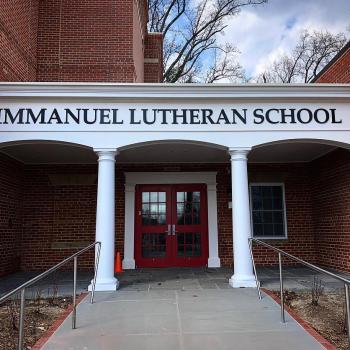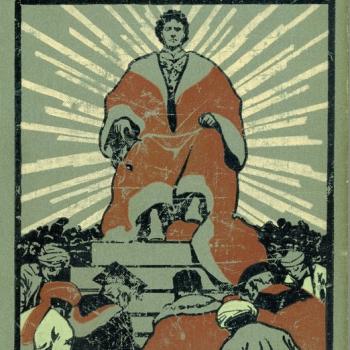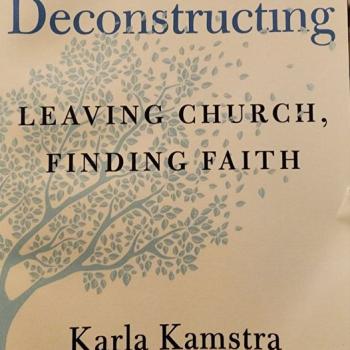 "The founding fathers were deists."
"The founding fathers were deists."
I have probably heard this statement affirmed just as much as I have heard claims that the founders were Christians. It is one of the many pieces of ammunition used by the opponents of the idea that the United States was founded as a Christian nation. If the founders were indeed deists, the argument goes, they could not have founded a uniquely Christian republic.
In actuality, there were a lot more founders who were Christians than deists. And of those founders who did not identify with the doctrines of historic Christianity, few could be called deists.
Deism was the belief that God created the world and then let it operate according to natural laws. Eighteenth-century deists of the truest stripe believed that God did not intervene in the lives of his human creation. He did not perform miracles, answer prayer, or sustain the world by his providence. True religion, according to the deist, was based on reason rather than divine revelation.
One would be hard-pressed to find many people in colonial America who upheld all of these beliefs. Take Benjamin Franklin, for example. As a young boy Franklin read a series of lectures, published by the estate of British scientist Robert Boyle, designed to counter the influence of deism in English religious life. Franklin wrote in his Autobiography that these lectures "wrought an Effect on me quite contrary to what was intended by them: For the Arguments of the Deists which were quoted to be refuted, appeared to me much Stronger than the Refutations." By reading the Boyle Lectures, Franklin claimed to have become a "thorough Deist."
Franklin's early commitment to deism, however, did not last very long. Some historians see his flirtation with deism as little more than a form of youthful rebellion against the strict Calvinism of his Puritan upbringing. As he grew older, Franklin came to believe in a Creator-God who possessed great wisdom, goodness, and power. God not only created this world, but he also sustained it. Franklin was amazed at the way God created the stars and the planets, but he was even more amazed that God continued "to govern them in their greatest Velocity as they shall not flie off out of their appointed Bounds nor dash against another, to their mutual Destruction." It was not laws of science that held the universe together, it was the sustaining power of an active God.
Franklin even believed that God could, on occasion, intervene in the lives of his human creation. Thirty-six years after he claimed to have embraced deism, Franklin sounded like anything but an adherent to this religious system: "Without the Belief of a Providence that takes Cognizance of, guards and guides and may favour particular Persons, there is no Motive to Worship a Deity, to fear its Displeasure, or to pray for its Protection." Franklin believed that God required worship, answers prayer, and intervenes in history to meet the needs of "particular Persons." By 1787, Franklin was requesting that the Constitutional Convention pause for prayer to seek guidance and reconciliation in the midst of one of its most heated debates.
Similarly, Thomas Jefferson believed in an active God who sustained the world by his providence. Jefferson wrote about God's "superintending power to maintain the Universe in its course and order." According to Jefferson, God kept the stars, sun, and planets in place. He called this Creator and Sustainer of the universe "Nature's God"—a God who he believed was best portrayed in Psalm 148:
Praise the Lord!
Praise the Lord from the heavens, praise him in the heights!
Praise him all his angels, praise him, all his hosts!
Praise him, sun, and moon, praise him, all you shining stars!
Praise him, you highest heavens, and you waters above the heavens!
Let them praise the name of the Lord!
For he commanded and they were created.
And he established them for ever and ever;
He set a law which cannot pass away.
I have chosen to focus on Franklin and Jefferson in this column because they are often presented as the most skeptical of the major founding fathers. Yet similar things could be said about George Washington, John Adams, James Madison, and a host of other signers of the Declaration of Independence and the Constitution.
While few of these major founders could be considered "Christian," and probably did not set out to establish a uniquely "Christian nation," neither were they deists. They all believed in an active God who, to various degrees, governed the world by his providence and, at times, might even enter into the affairs of humankind.
2/2/2011 5:00:00 AM





